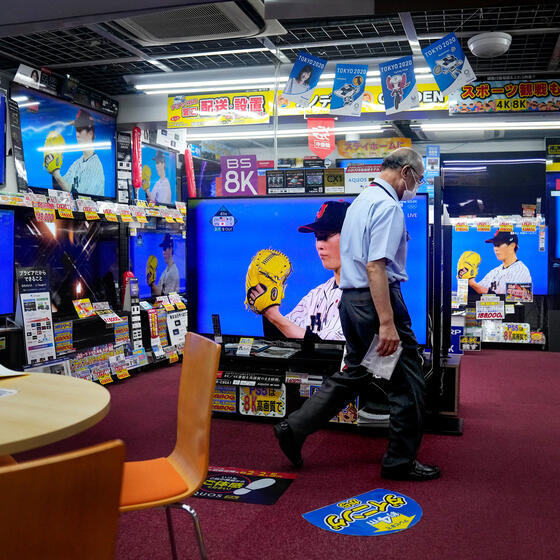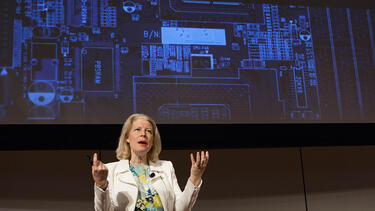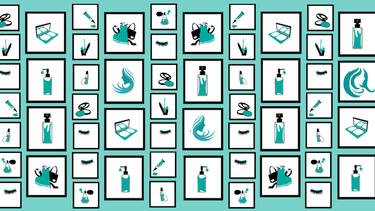Marketing
When People Turn On the TV, Are They Actually Watching?
A study of baseball telecasts co-authored by Yale SOM’s Kosuke Uetake suggests that relatively few viewers actively look at the screen. Viewers perk up during suspenseful moments, suggesting that changes to advertising or even the structure of baseball games could make ads more effective.

Five Lessons from the 2015 Customer Insights Conference
The rise of the millennial generation and the explosion of mobile technology have permanently changed the landscape for marketers.

Can Guilt Make You Happy?
Two new studies from Yale SOM’s Ravi Dhar suggest that a touch of guilt can be a powerful tool for marketers.

Rethinking Marketing and Customers: Lessons from Behavioral Economics
Four experts gave a wide-ranging overview of how insights from behavioral economics are being applied in governments, businesses, and other organizations.
Can Online Reviews Be Trusted?
The online, user-generated review is a boon for consumers—a chance to sidestep promotional claims and get an honest assessment. But as soon as reviews appeared online, fake reviews followed. A study co-authored by Professor Judith Chevalier looks at the prevalence of fake hotel reviews and tests a hypothesis about who might post them and why.
How Do Marketers Sell Christmas?
The holiday season is a time for joy and family and a staggering amount of shopping. In a video interview on UCD Smurfit’s Faculty Insights series, Professor Damien McLoughlin says that marketers make those sales by taking advantage of our holiday impulses, including the drive to be cheerful.
Rise of the Renter
Retailers are increasingly offering products at rental rates that are comparable to traditional purchase prices. The question is whether consumers make decisions differently when they’re looking to rent rather than buy.
Is China Ready for Luxury Fashion?
Every global company wants to be in China. But for any company, accessing the Chinese market comes with unique questions and challenges. Chris Cabot ’97, the president of Value Retail China, talked with Yale Insights about how he expanded his company’s luxury outlet shopping villages into China. The first step to doing business in China, he says, is to assume you know nothing.

Who Will Win the Race for Mobile Ad Dollars?
Will the rising tide of mobile ad spending lift all media-company boats? Or will only the shrewd and the quick be able to capitalize on the trend toward more media consumption on mobile? Facebook’s Carolyn Everson describes how the company has made itself mobile-first.

Authenticity Is Contagious
Are Godiva chocolates made in Brussels, Belgium, where the company has operated since 1926, more authentic than the same chocolates made in the company’s Reading, Pennsylvania, facility? According to new research from the Yale School of Management, consumers view products manufactured at a company’s original factory to be more authentic and valuable than identical products made elsewhere.
How Does Chanel See the Global Luxury Business?
The global luxury goods market recovered quickly from the financial crisis due in large part to growth in emerging markets, especially China. Chanel CEO Maureen Chiquet YC ’85 discusses how she shepherds the quintessentially French company in a fast-moving global market that may be transcending national identity.
